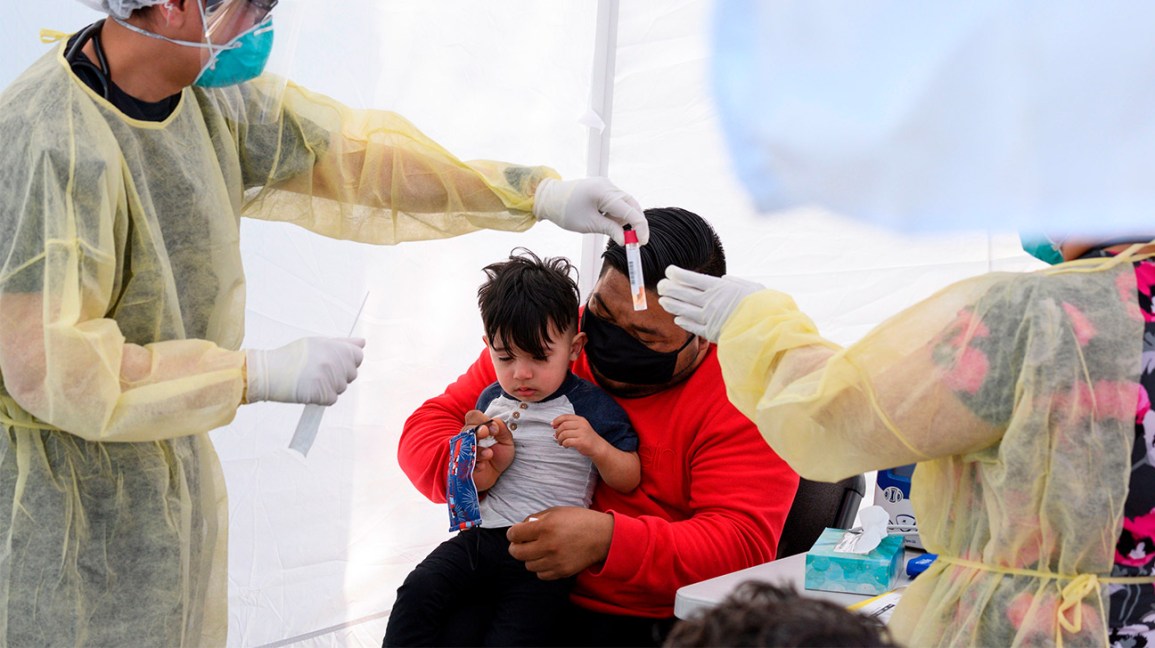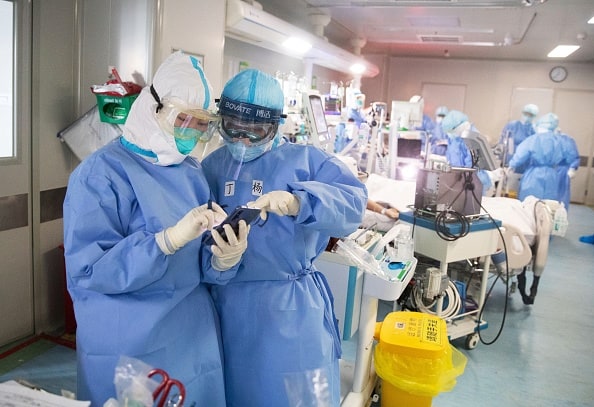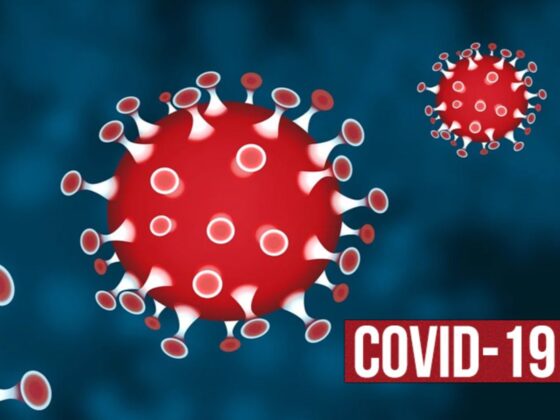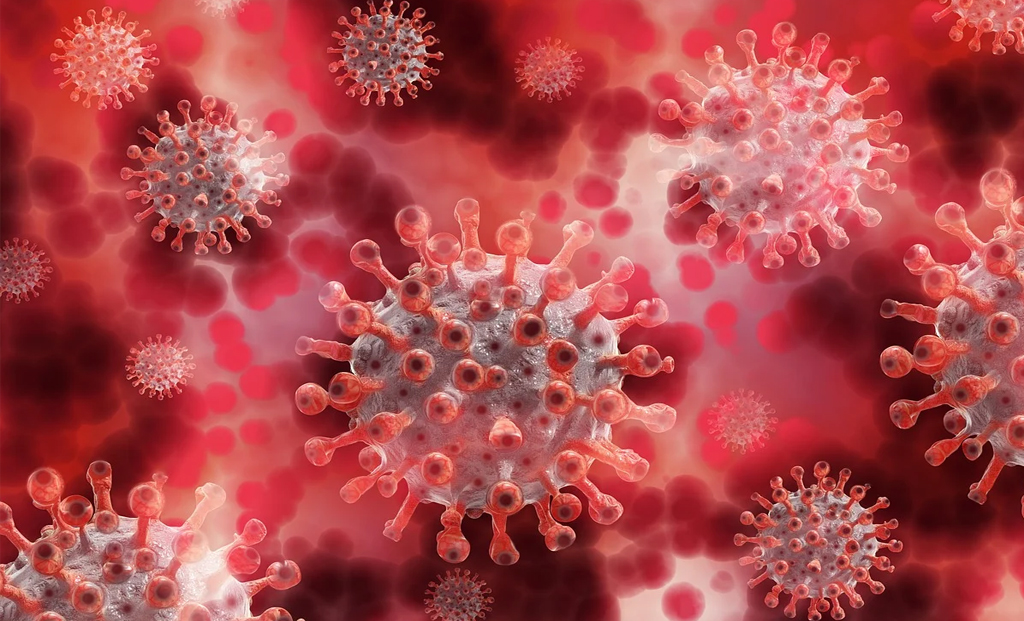 Dr Santosh Kumar, Consultant, Paediatrician & Neonatologist, Motherhood Hospitals, Sarjapur, Bangalore.
Dr Santosh Kumar, Consultant, Paediatrician & Neonatologist, Motherhood Hospitals, Sarjapur, Bangalore.
Due to an increase in cases of covid-19 infection among children and a lack of vaccines, parents have entered a state of panic and chaos regarding their children’s safety. Several studies have shown that the virus may not have a long-term impact on children. This is even though children are just as susceptible to covid-19 infection as adults and the elderly. Therefore, it is critical to protect children from this deadly virus and to assist them in remaining healthy.
Children may experience fever, cough, shortness of breath, fatigue, sore throat, diarrhea, loss of smell, loss of taste, gastrointestinal symptoms such as loose motions, nasal congestion, sore throat, nausea, vomiting, a headache, dry cough, body, and muscle pain, and they will require immediate medical attention.
According to a few studies, children who did not have any chronic medical conditions or who had mild symptoms during the acute covid-19 infection can develop post-covid complications. Even after recovering from covid, children experience muscle pain, fatigue, loss of smell and taste, and gastrointestinal problems such as diarrhea and vomiting.
The following are the most common symptoms of infection in children:
- Cold
- Mild cough
- Fever
- Body ache
- Breathlessness
- Loss of taste or smell (children over eight years of age)
Make your children follow these tips to safeguard from covid infection
- As parents, you must ensure that all elderly members of the family are immunized against Covid-19. If you are vaccinated, you are unlikely to infect the children in the house.
- They should wear a mask, use a hand sanitiser, and maintain a social distance of 6 feet when conversing with other children or family members. Avoid being around sick people and cover your mouth when coughing or sneezing. Do not put your trust in any information you come across on social media. View information only from reputable and trustworthy sources. Do not be taken in by rumors.
- If any family members exhibit Covid-19 symptoms such as coughing, fever, or body pain, isolate yourself from the children or they will contract the virus.
- Don’t forget to disinfect surfaces that children frequently touch, such as doorknobs, handles, faucets, and even furniture.
- Let your child eat a balanced diet that includes all the necessary nutrients. Try to increase immunity by adding fresh fruits and vegetables to your diet. Avoid spicy, junk food, oily, sugary, processed, and salty foods that can affect your child’s immunity.
- Do not postpone or forego your child’s vaccination. Avoid taking your children to crowded places. Minimize the number of visitors at home. To help your children avoid boredom, try to keep them busy at home with activities such as painting, dancing, or gardening. You can also exercise with your children at home to keep them fit and healthy.
- Ensure that your child consumes a well-balanced diet rich in fruits, vegetables, legumes, pulses, and whole grains to help him or her boost immunity.
- Make certain that your child is not in the presence of sick people. Cover your child’s mouth if he or she is coughing or sneezing.
- From time to time, take his/her temperature. If the fever lasts more than four days, the child is fatigued, unable to eat, and isn’t passing urine, see a doctor and admit him or her to the hospital. Even if the child is having trouble breathing, take him to the hospital as soon as possible.
- Give your child plenty of oral fluids and clean food. Make sure the child is well-hydrated. Avoid junk food and check the saturation level at least twice a day.
- Hands should be washed frequently with soap or a 70% sanitizer, and the entire surface of the hands should be covered.
- Get vaccinated – anyone over the age of 18 is eligible.
- Avoid attending public functions, social gatherings, and group activities.
What to do if the child exhibits COVID-19 symptoms?
- Seek medical assistance.
- If the doctor recommends it, then: Test your child for COVID-19.
- Isolate yourself/stay at home.
When should the COVID-19 testing be done for the child?
- If your child has COVID-19, have them tested.
- Family members with whom your child has had contact test positive for COVID-19.
- Your child has COVID-19 symptoms.
- Your child has a fever that has lasted more than three days.











